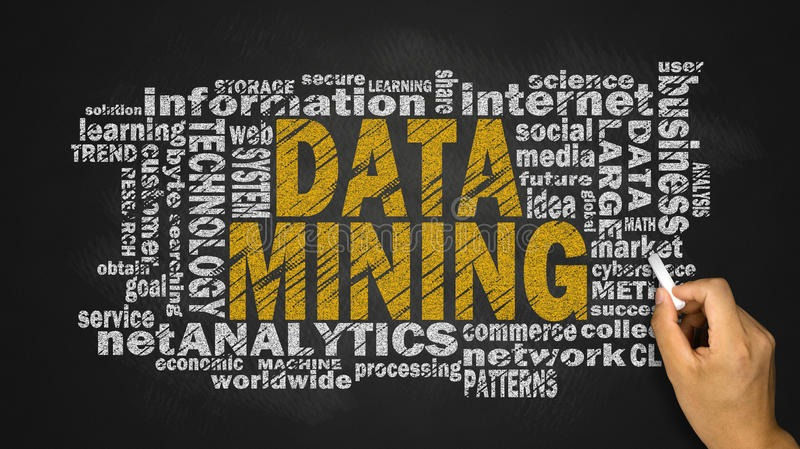Business Intelligence VS Data Science
- Abhijeet Srivastav
- May 21, 2020
- 3 min read

It is no doubt that BI analyst and data scientist have grown to be the much in-demand jobs with companies in almost all the industries relying on them to have an edge over their competitors. More so, BI and data science has become an integral part of these organizations as data has become a bigger player than ever. Hence the wider adoption of analytics, business intelligence and data science.
Flashback
If we go into the flashback a few years from now, companies didn’t have data science positions but were still working on analytics role—these were largely called data analysts. It can very well be labelled as the precursors to the latest data scientists roles.
Before we dive onto differentiating these two popular words in the analytics industry, imagine BI and data science having a brief conversation over a problem in hand.
While BI would say “What happened and what should be changed?”, data science would ask “Why it happened and what can happen in future?” It’s the difference in “What”, “Why” and “How” that differentiates these two terms.
What Is Business Intelligence?
Business Intelligence is a process of collecting, integrating, analyzing and presenting the data. With Business Intelligence, executives and managers can have a better understanding of decision-making. This process is carried out through software services and tools.
Using Business Intelligence, organizations are able to several strategic and operational business decisions. Furthermore, BI tools are used for analysis and creation of reports. They are also used for producing graphs, dashboards, summaries, and charts to help the business executives to make better decisions.
Furthermore, it also supports real-time data that is generated from the services. As a result, Business Intelligence is used for strategic decision making.
What Is Data Science?
Data science is an inter-disciplinary field that uses scientific methods, processes, algorithms and systems to extract knowledge and insights from many structural and unstructured data. Data science is related to data mining, deep learning and big data.
Data Science is the most trending buzzword in the world today. Harvard Business Review dubbed it as the “sexiest field of the 21st century”. However, very few people know the actual meaning behind the term Data Science. It is an umbrella term that is used to represent all the underlying data operations.Data Science is like a pool of many tools that are used to shape data.
Data Science is a process of extracting, manipulating, visualizing, maintaining data as well as generating predictions. A Data Scientist is supposed to have knowledge of various data operations as well as machine learning algorithms. Using Data Science, industries are able to extract insights and forecast their performance.
Basic Difference
While BI is a simpler version, data science in more complex. BI is about dashboards, data management, arranging data and producing information from data. Whereas data science is all about using statistics and complex tools on data to forecast or analyse what could happen.
Data science could very conveniently be stated as an evolution of BI, but on a very complex set of models, application of statistics and use cases. To deal with the same, BI analyst that were earlier focused on the “what” aspect of the problem, started developing toolkit and algorithms that could help them understand and predict business performance. It wouldn’t be wrong to say that business analysts and data scientists work together to turn raw data into useful information.
Technology comparison
The market is increasingly becoming competitive, with an ever increasing complex business problems and to drive innovation, companies must shift their focus from traditional BI to data science.
That doesn’t take away the importance of business intelligence analyst as they are the ones who would find out patterns and trends in a business’s’ historical data. It can be said that BI analysts explore past trends while data scientists finds predictors and significance behind those trends. This way data scientists help companies mitigate the uncertainty of the future by giving them valuable information—such as topline, cost, risk predictions and others.
BI is about answering the questions that might not seem that obvious in a business unit. They help in viewing the relationships between various variables but not exactly predict them. As it was mentioned, BI is about the “what” part of the business and doesn’t easily obtain new meaning or apply insights to new data. Since BI traditionally relied on records stored in relational databases, the structure of the warehouse was intrinsically tied to the types of questions it could answer. BI generally operated with a current or backward-looking focus.
Data science, on the other hand have a different path than BI as it relies on predictive analytics, using the statistical method more explicitly. Unlike just finding out patterns, data scientists conduct experiments and hypotheses to reach the “Why” and “How” aspect of a problem. A data scientist profile would have a combination of statistics, IT and business understanding. Yet, a higher focus on applied statistics.
Summary






Comments